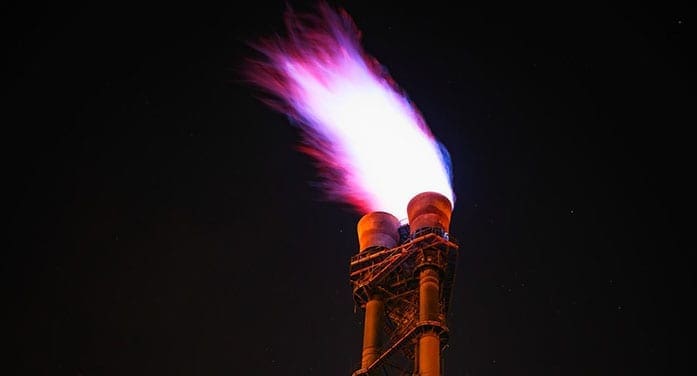 The Organization of Petroleum Exporting Countries and their allies in OPEC+ are on a collision course with energy watchdog International Energy Agency (IEA) on at least two counts.
The Organization of Petroleum Exporting Countries and their allies in OPEC+ are on a collision course with energy watchdog International Energy Agency (IEA) on at least two counts.
Last month, the Paris-based IEA delivered the starkest warning yet on fossil fuels, saying the exploitation and development of new oil and gas fields must stop this year if the world remains serious about reaching net-zero emissions by the middle of the century.
IEA is an arm of the Organization for Economic Co-operation and Development (OECD).
The IEA call to stop investing in new fossil fuel development evoked a sharp rebuke from OPEC and its allies. Russia and Saudi Arabia have not only reacted to the IEA projections but have rejected them altogether.
Speaking at the St. Petersburg International Economic Forum on Thursday, Russian Deputy Prime Minister Alexander Novak said IEA arrived at its findings “by using reverse calculations” on how to achieve net-zero emissions by 2050.
“In my view, this is a simplistic approach. It is also unrealistic,” Novak told CNBC’s Hadley Gamble.
Novak’s comments came shortly after Saudi Arabia Energy Minister Prince Abdulaziz bin Salman joked about the IEA report, saying, “It is a sequel of the La La Land movie. Why should I take it seriously?”
If the world was to follow IEA’s controversial road map, “the price for oil will go to, what, $200?” Novak said.
Others are adding their voice. The “euphoria” around the transition to clean energy is “dangerous,” Qatar Energy Minister Saad Sherida Al-Kaabi said at the St Petersburg forum.
Is a new world order on the horizon for the energy sector? by Rashid Husain Syed
Abdulaziz’s dismissal of IEA’s “road map” for a net-zero future as being from La La Land and Novak’s assertion that it was too simplistic has put some movers and shakers in the energy world at odds with shifting sentiments in an industry that’s finally beginning to take climate change seriously.
To be fair, it’s not just IEA taking the climate threat critically. Independent Norwegian consultancy Rystad Energy also seems aligned with IEA, at least in some respects. However, Rystad’s low-emissions scenario offers more comfort to oil producers than IEA’s – but it still models a sharp decline in consumption.
According to Rystad projections, oil demand will be almost 23 million barrels per day (bpd) higher in 2030 than IEA numbers suggest. That would still mean demand at the end of the decade will be roughly the same as in 2020. And bear in mind that, courtesy of the pandemic, 2020 has been a troubling year for the energy world.
Rystad’s scenario of consumption peaking in 2024 and then falling by six million bpd by 2030 – and accelerating further from there – would still represent monumental changes in the global energy dynamics.
Unlike IEA, Rystad sees the need for an extra 10 million bpd from new fields. But even then, it projects that upstream investment in the sector will drop below $300 billion by 2030, which is not far from IEA’s net-zero figures.
In the wake of the harsh reception to its findings, IEA seems to have backpedalled somewhat, saying oil demand will soon reach pre-crisis levels. IEA executive director Fatih Birol told Bloomberg TV last week that global oil demand could return to 2019 pre-crisis levels as soon as in a year’s time. This was in sharp contrast to the organization’s March projections.
IEA is also asking OPEC to increase output further – otherwise the markets would overheat. Oil demand is recovering faster than previously expected and, unless OPEC+ puts additional barrels on the market, oil prices will go up, Birol said during the interview.
OPEC, however, is taking a go-slow approach, watching the markets closely before making any moves.
A battle of wits between IEA and OPEC+ officials seems on.
Toronto-based Rashid Husain Syed is a respected energy and political analyst. The Middle East is his area of focus. As well as writing for major local and global newspapers, Rashid is also a regular speaker at major international conferences. He has been asked to provide his perspective on global energy issues by both the Department of Energy in Washington and the International Energy Agency in Paris. For interview requests, click here.
The views, opinions and positions expressed by columnists and contributors are the authors’ alone. They do not inherently or expressly reflect the views, opinions and/or positions of our publication.
© Troy Media
Troy Media is an editorial content provider to media outlets and its own hosted community news outlets across Canada.


